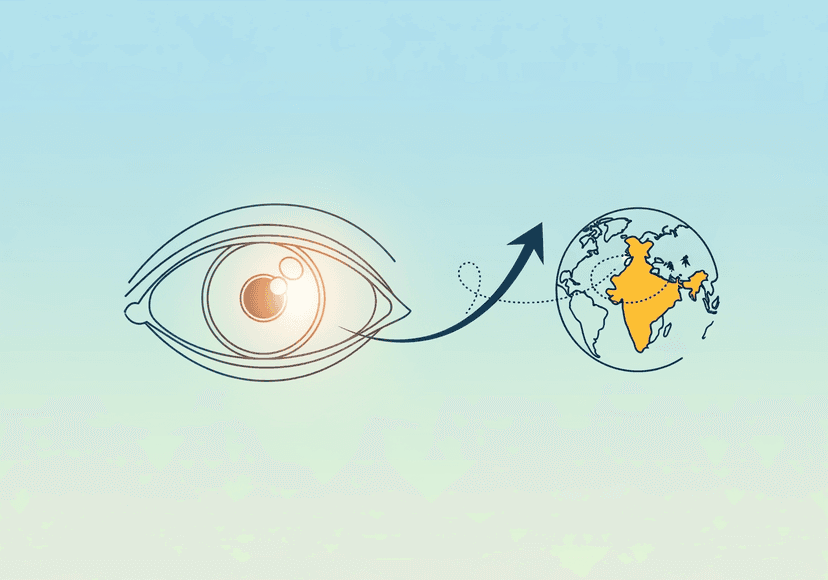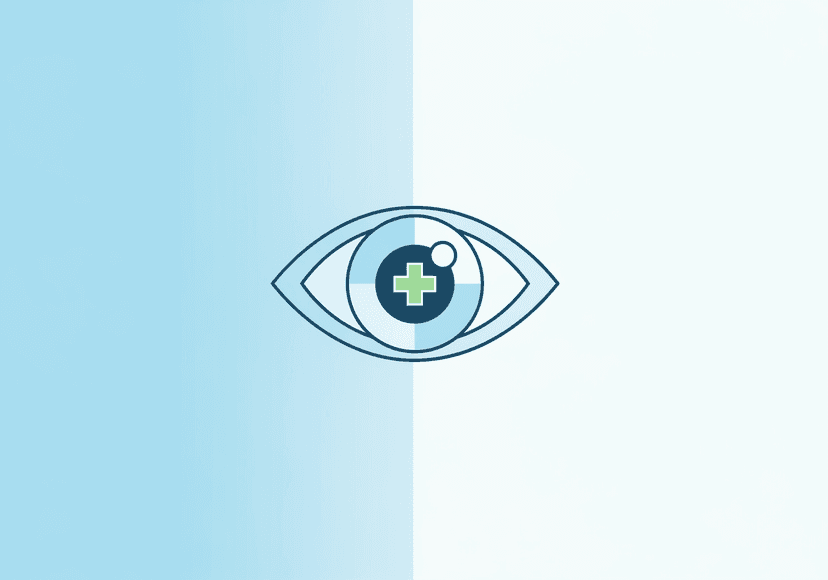
What to Expect During and After Cataract Surgery in India
20 Apr, 2023
 Obaidullah Junaid
Obaidullah JunaidCataract surgery is a common procedure in India that removes the cloudy lens of the eye and replaces it with a clear, artificial lens. This surgery is usually performed on an outpatient basis and is generally safe and effective. If you're considering cataract surgery in India, it's essential to understand what to expect during and after the procedure to help you prepare and make an informed decision.
Overview of Cataract Surgery
Most popular procedures in India
Cataract surgery is a straightforward procedure that usually takes around 30 minutes to complete. It's typically performed under local anaesthesia, and you'll be awake throughout the surgery. The surgeon will make a small incision in your eye and use ultrasound waves to break up the cloudy lens before removing it. After that, the surgeon will insert the artificial lens and close the incision.
Preparing for Cataract Surgery
Wellness Treatments
Give yourself the time to relax
Lowest Prices Guaranteed!

Lowest Prices Guaranteed!
Before your surgery, your doctor will perform a comprehensive eye exam to determine if you're a good candidate for cataract surgery. They'll also discuss any medications you're taking, and you may need to stop taking certain medications before the surgery.
You'll need to arrange transportation to and from the surgery centre as you won't be able to drive after the procedure. You'll also need to avoid eating or drinking anything for several hours before your surgery.
What to Expect During Cataract Surgery
When you arrive at the surgery centre, you'll be given eye drops to dilate your pupils. You'll also be given local anaesthesia to numb your eye, and a sedative to help you relax. You'll be awake during the surgery, but you won't feel any pain.
During the surgery, you may see some flashing lights, and you may feel some pressure or mild discomfort. Your surgeon may also ask you to look in certain directions to help them position the artificial lens correctly.
Recovery After Cataract Surgery
After the surgery, you'll be taken to a recovery area where you'll be monitored for a short time. You'll need to wear a protective shield over your eye for a few days to help prevent infection and injury. Your doctor will also prescribe eye drops to use several times a day to prevent infection and reduce inflammation.
You'll need to avoid strenuous activities for at least a week after surgery, and you'll need to avoid rubbing or touching your eye. You may experience some mild discomfort or sensitivity to light, but this should improve within a few days.
Before the Surgery:
- Consultation with your Doctor - Prior to the surgery, you will need to have a consultation with your doctor to determine if cataract surgery is the right option for you. Your doctor will examine your eyes, review your medical history, and discuss the procedure and potential risks and benefits with you.
- Preoperative Preparations - Your doctor will provide you with instructions for how to prepare for the surgery. This may include stopping certain medications, fasting for a period of time prior to the surgery, and arranging transportation to and from the surgery centre.
During the Surgery:
- Anaesthesia - Cataract surgery is typically performed under local anaesthesia, which means you will be awake during the procedure but your eye will be numbed with eye drops or a small injection.
- Removal of Cataract - During the surgery, your surgeon will create a small incision in your eye and use a special tool to remove the cloudy lens affected by the cataract. This lens is then replaced with an artificial lens implant.
- Procedure Time - Cataract surgery usually takes less than an hour to perform and is typically an outpatient procedure, which means you can go home the same day.
After the Surgery:
- Postoperative Precautions - Following the surgery, your doctor will provide you with specific instructions on how to care for your eye as it heals. This may include using eye drops to prevent infection and inflammation, avoiding certain activities that may put strain on your eye, and wearing an eye shield while sleeping.
- Recovery Time - It's important to understand that full recovery from cataract surgery can take several weeks. During this time, you may experience some discomfort, itching, or sensitivity to light. Your vision may also be blurry or hazy for a few days to a few weeks as your eye adjusts to the new lens.
- Follow-up Visits - Your doctor will schedule follow-up visits to monitor your healing and ensure that your eye is recovering properly. These visits are important to ensure that any potential complications are addressed promptly.
- Glasses - After cataract surgery, you may still need glasses for certain activities such as reading or driving. Your doctor will determine if you need glasses and what prescription is necessary. However, many patients experience improved vision after surgery and may not need glasses as frequently.
- Insurance Coverage - In India, many health insurance plans cover cataract surgery. However, it's important to check with your insurance provider to understand what's covered and what your out-of-pocket expenses may be.
When to Call Your Doctor
You should call your doctor immediately if you experience any of the following symptoms after cataract surgery:
- Severe pain in your eye
- Vision loss
- Increased redness or swelling in your eye
- Nausea or vomiting
- Fever
Conclusion
Cataract surgery is a safe and effective procedure that can improve your vision and quality of life. By understanding what to expect during and after the surgery, you can prepare yourself and make an informed decision about whether cataract surgery is right for you.
If you're considering cataract surgery in India, be sure to choose a reputable surgeon and surgery centre. Follow your doctor's instructions carefully, and don't hesitate to contact them if you have any concerns or questions.
Related Blogs

Long-Term Follow-Up After Eye Surgery
Detailed insights into eye surgery – doctors, hospitals, technology, recovery,

Healthtrip’s Transparency in Eye Surgery Pricing and Packages
Detailed insights into eye surgery – doctors, hospitals, technology, recovery,

Frequently Asked Questions About Eye Surgery
Detailed insights into eye surgery – doctors, hospitals, technology, recovery,

Advanced Robotic Technology Used in Eye Surgery
Detailed insights into eye surgery – doctors, hospitals, technology, recovery,

How Healthtrip Supports Foreign Patients for Eye Surgery in India
Detailed insights into eye surgery – doctors, hospitals, technology, recovery,

Top Medical Packages for Eye Surgery Offered by Healthtrip
Detailed insights into eye surgery – doctors, hospitals, technology, recovery,










